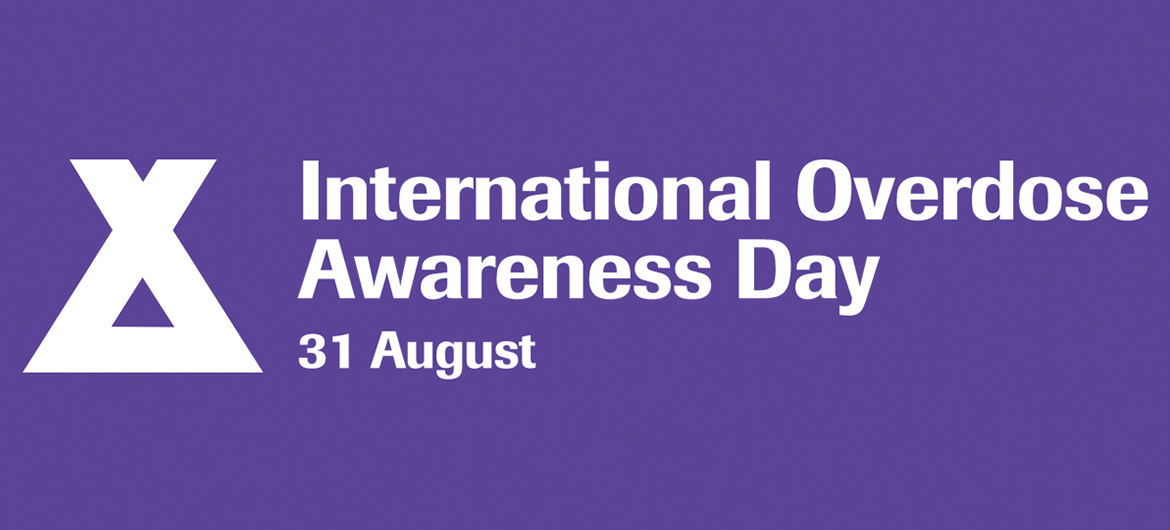For the millions of Americans impacted by addiction, it’s no surprise that the pandemic has worsened an already tragic issue. Isolation, unemployment, loss of treatment access and support – it’s been a difficult time for those in recovery and their loved ones. In fact, during the pandemic, every state in the country has experienced an increase in opioid overdose death.
August 31st is International Overdose Awareness Day, a global event to remember those that have passed too soon from overdose deaths. Now more than ever, it is important to recognize this observance and address this public health crisis. This year, we remember Taylor Rhodes.
Taylor was 15 years old when he was prescribed opioids following a tennis injury that required shoulder surgery. Later, he would tell his family that taking these opioids made him feel “normal” for the first time. His parents did all they could to get him the care he needed, but the treatment facilities only dealt with his substance use disorder and never addressed the underlying mental health issues that exacerbated his addiction. Taylor succumbed to the disease in 2019 following an accidental overdose at just 20 years old.
The stigma behind substance user disorder and mental health plays a huge role in treatment. That is why Taylor’s mom, Kerri Rhodes, is passionate about sharing his story. She has turned her grief into advocacy by educating the public about pain management options like non-opioids. Despite the well-known risks linked to opioids, they continue to be viewed as the gold standard of pain management; in fact, 90% of patients undergoing a surgical procedure are prescribed opioids. At the time of Taylor’s surgery, Kerri had no idea that there were other pain management options available. They trusted their doctor’s advice and filled Taylor’s prescription without a serious conversation on the risks and side effects that come with taking these medications. Now, Kerri advocates for parents to be involved in their child’s surgical experience, including having a discussion with the doctor about alternatives to opioids.
Following Taylor’s death, his sister, Blair, faced a similar injury that also required surgery. Through talking with her doctor and sharing his story, she was finally given the choice to have a non-opioid option to help manage her postsurgical pain. It shouldn’t be so hard for patients to have access to these alternatives – regardless of whether they’ve been impacted by addiction. We must continue to provide education and resources that empower people to ask questions and make informed decisions about pain management for themselves and their loved ones. The loss the Rhodes family endured is one of thousands that highlight the need to prevent unnecessary opioid exposure. There were other options that could have kept Taylor from going down the path of addiction.
When speaking with your physician as a patient or a caregiver, it is important to ask about you pain management plan and the best way to avoid unnecessary opioid exposure. There are long-acting, non-opioid medications available that can reduce unnecessary opioid exposure and, in some cases, completely eliminate them.

